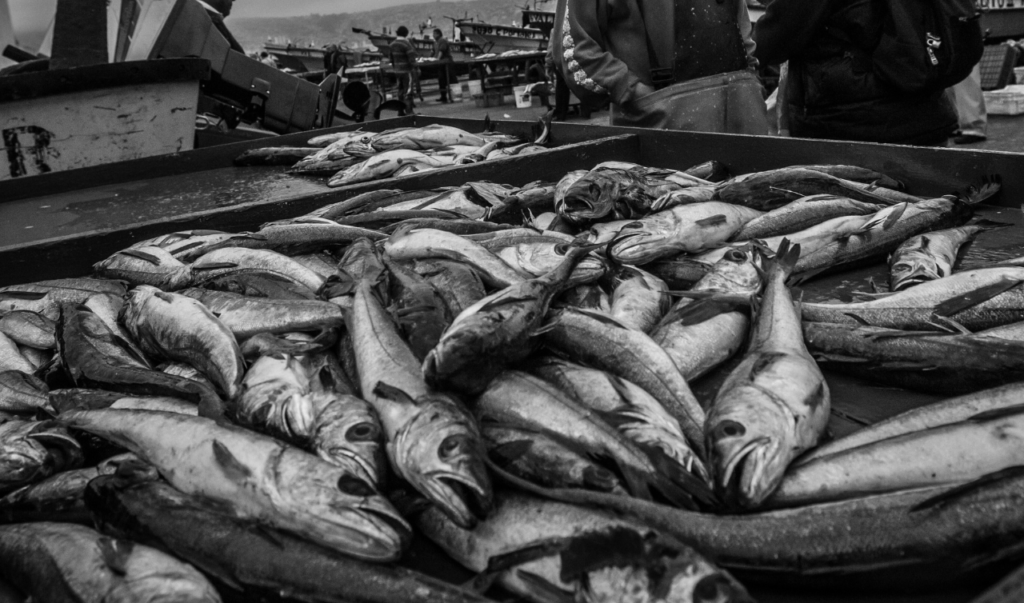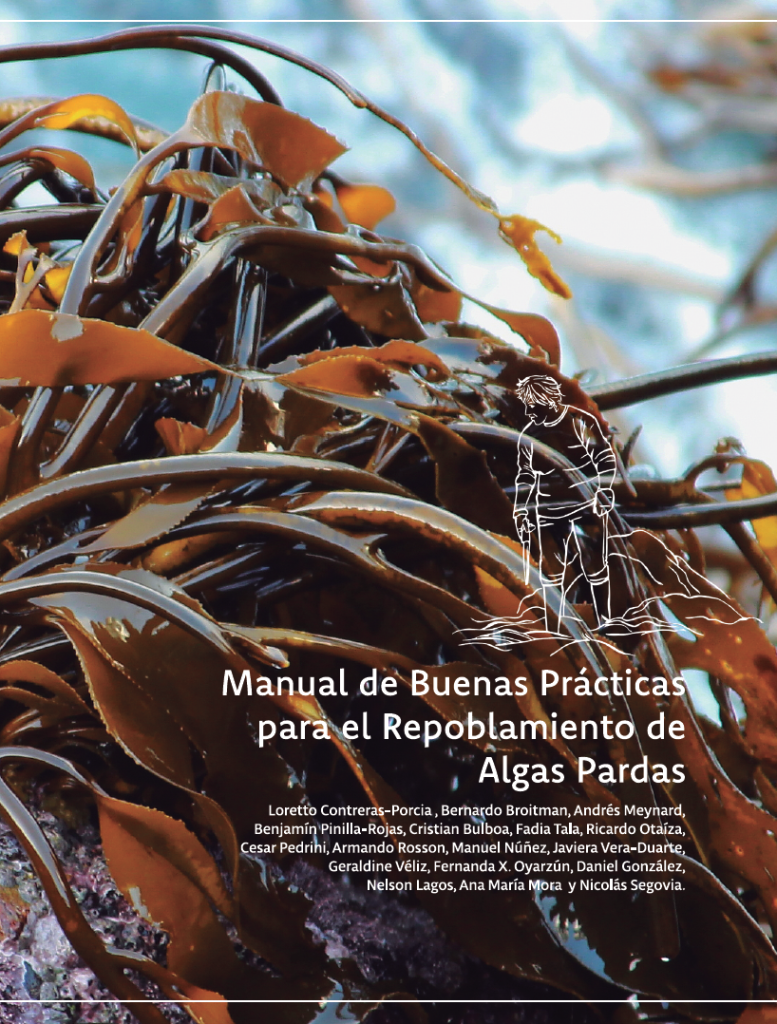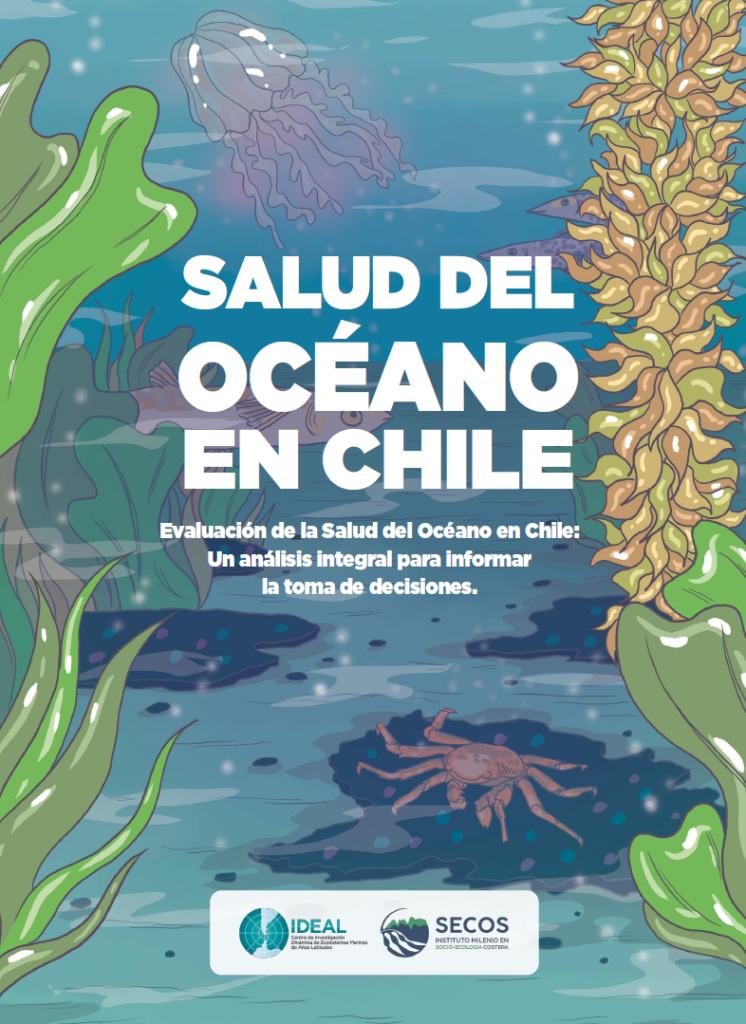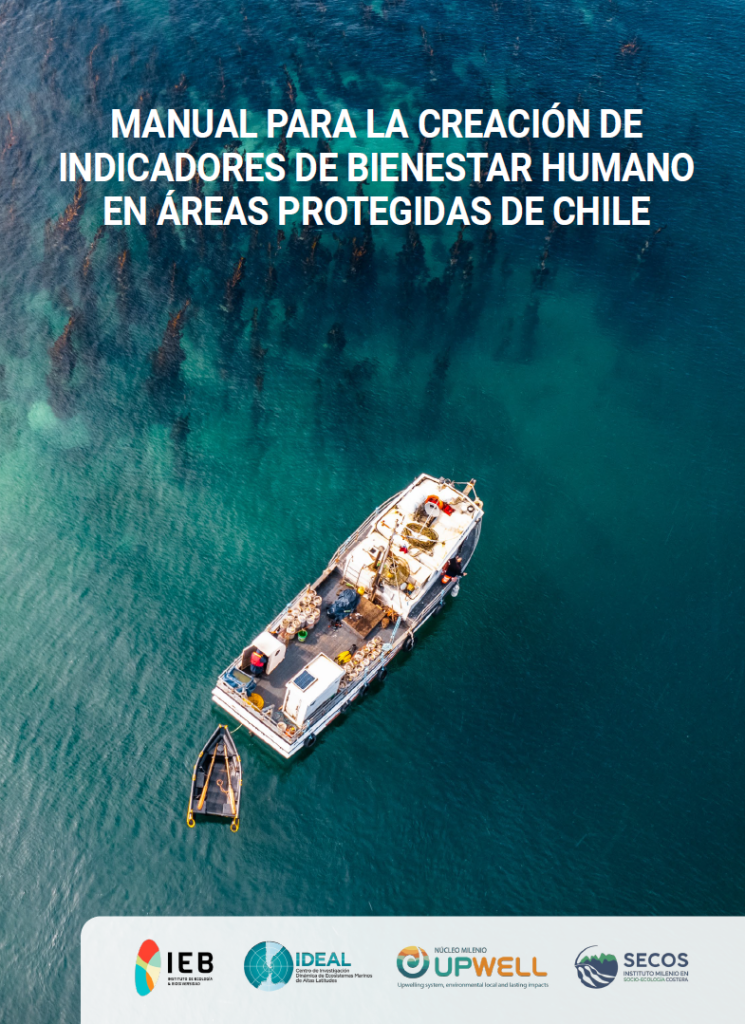
Knowledge co-production
At SECOS, we approach knowledge co-production under four basic principles:
*:
Based on context. Local, regional, national and world wide. Consideringn the needs, interests, and problems of the various groups involved.
Pluralistic. We recognize multiple ways of knowing and doing by bringing together multiple forms of knowledge and expertise.
Goal oriented. Focused on the problem and benefits from shared goals and objectives, which are also flexible, evolve and can be revisited.
Interactive. It requires constant interaction between the participants throughout the co-production process. Interaction and participation promote the exchange of knowledge, build dialogue and trust, in addition to making the process and results credible, relevant and legitimate.

At SECOS, we work in small and medium-scale social-ecological experimental units (see image), understood as Learning Platforms (LP).
In these platforms, which can also be considered as natural laboratories, researchers promotes interdiscipline and co-learning for new knowledge production.
*Principles for knowledge co-production in sustainability research.
Multiple projects and collaborations seek joint responses to sustainability challenges in coastal areas through the integration of scientific knowledge, public agencies and key social actors. These initiatives have resulted in scientific articles, documents, technical manuals, workshops and activities carried out with state institutions, NGOs, artisanal fishing organizations, among others.
Improve detection of illegal fishing

Within the framework of a collaboration agreement between the National Fisheries and Aquaculture Service (SERNAPESCA) and the SECOS Millennium Institute, a project has been developed focused on providing tools to officials in charge of monitoring and combating illegal fishing.
The project, led by SECOS researcher Rodrigo Oyanedel, aims to implement methodologies to improve the detection of illegal fishing and install institutional capacity.
The initiative began in the Biobío Region, where the program was presented and the first training was given to 20 officials of the fisheries control program, landing certification, analysis unit and legal program.
Workshops have been held in the regions of Coquimbo, Valparaíso, Maule and Los Lagos, related to the strategic fisheries of brown algae, common hake, pelagic fisheries, southern hake and golden conger eel, in addition to fisheries of relevance.
The project has an estimated duration of two years and comprises several stages, the first being the construction of a methodology for profiling the agents and causes of illegal fishing. In this way, surveys have been carried out among control officers to determine, in the expert’s opinion, the illegal fishing issues that the service’s officers face on a daily basis.
The next steps to follow in the implementation of this project will be the creation of regional teams in charge of designing and improving the detection tool and the profiling variable related to illegal fishing.
Kelp restocking, a joint challenge
Algae fulfill essential functions for life in the oceans and the people who benefit directly or indirectly from them. They serve as food and habitat for a great diversity of marine species, in addition to producing oxygen and absorbing CO2. Also, blue forests serve as refuge for a large number of fish and crustacean species that are part of the aquatic food system.
In recent studies, algae have also been revealed as bioindicators, organisms that accumulate pollutants in their tissues, and therefore provide relevant information on the impacts of human activities in the sea. However, in the last decades in Chile there has been an important decrease in the natural populations of algae due to their excessive exploitation, in addition to the absence of large-scale cultivation initiatives.
These characteristics of algae are especially important in communes such as Horcón, n Central Chile, an area marked by one of the most polluting industrial complexes, where refineries, metallurgical companies, cement producers, among other industries, operate, which in recent years have affected the health of the inhabitants of the area and the marine ecosystem of the bay of Quinteros and Puchuncaví.
Thus, to address the decline of kelp forests and maintain the health of the marine ecosystem, the Union of Artisanal Fishermen of Caleta Horcón, an organization that has an Area of Management and Exploitation of Benthic Resources (AMERB), together with SECOS and Bitecma Ltda., decided to carry out a project of algae repopulation in the cove.
Find more information about this project in this link: https://socioecologiacostera.cl/en/proyecto-pionero-entre-ciencia-y-pesca-artesanal-busca-recuperar-bosques-de-algas-en-caleta-horcon/
Towards sustainability in the artisanal common hake fishery
More than three thousand artisanal fishermen and fisherwomen in the central-southern zone of Chile work in the common hake fishery. Its fame is transversal, being one of the most consumed fish in Chile. However, despite some signs of recovery, since 2013 that the common hake has transited between states of overexploitation or depletion. This critical scenario opens the doors towards illegal activity and generates strong tensions between the different actors involved in this fishery.
In this context, the study “Towards sustainability in the artisanal fishery of common hake”, developed by the organizations Oceana, Future of Fish, Advanced Conservation Strategies and the Millennium Institute in Coastal Socio-Ecology (SECOS), presents different measures that would contribute to the recovery of common hake, currently overfished.
The report, precisely, proposes to focus institutional efforts on the knowledge of the fishery value chain and thus reduce the levels of illegal and unreported fishing, identify the role of intermediation, as well as improve the supply of legal fishing of common hake, which converges with the actions that the National Service of Fisheries and Aquaculture (Sernapesca) is carrying out.
Tackling green tides in Algarrobo Bay

For about two decades, the Bay of Algarrobo, in the Valparaíso region, has been affected by an excessive proliferation of algae called “green tide”, a phenomenon that has been increasing and whose causes are still being investigated. Throughout the year, sectors of the bay that used to be clean sand are covered with a thick blanket of algae of the Ulva genus, which decompose and deteriorate the sector and have a negative impact on the community, affecting tourism, artisanal fishing and the ecosystem itself. The problem is of such magnitude that the municipality has been forced to remove the biomass with heavy machinery, which in turn generates additional impacts to the beach.
In this context, a group of researchers from SECOS, the Universidad Andrés Bello (UNAB) and other scientific centers in the country, has been investigating this phenomenon in order to identify the species of algae and explain why this proliferation occurs. Recently, they published their findings in the journal Plants, reporting the first characterization of green tides in Chile and the South Pacific, a publication led by Loretto Contreras, academic of the Department of Ecology and Biodiversity of the Universidad Andrés Bello and researcher of SECOS and the CAPES Center.
The causes that originate this phenomenon are still under investigation, but “most probably they are multiple and related to a combination of anthropogenic actions and environmental factors”, explains the academic of the Pontificia Universidad Católica de Chile and SECOS researcher, Sergio Navarrete, co-author of the publication and who coordinates this line of research.
Inphografic with the results:
https://socioecologiacostera.cl/wp-content/uploads/2024/05/Comprendiendo-la-Composición-de-las-Mareas-Verdes-3-791×1024.png
Ocean Health Index for Chile and IDEOS Platform
We led, together with the IDEAL Center, the first evaluation of the Ocean Health Index (IdSO) in Chile, analyzing 10 key indicators in 103 coastal communities in the country. This two-year collaborative effort resulted in a national score of 61 points, identifying priority areas for action and promoting public awareness of the importance of ocean health for coastal communities.
The results of this assessment are the basis for the development of the IDEOS platform, a Fondef IDeA R&D project in which SECOS is partnering with Data Observatory (DO) and the Universidad Católica del Norte (UCN). IDEOS will be an open access tool that will allow a constant and permanent assessment of the health of the ocean in Chile, integrating diverse public data sources. This interactive platform, which will include visualizations by commune and by IdSO goal, seeks to democratize access to this critical information, empowering informed decision-making and the design of public policies aimed at coastal sustainability.
More information about this project at: SECOS | Plataforma IDEOS permitirá una evaluación constante de la salud de nuestro océano
Manual for the Creation of Human Well-Being Indicators in Protected Areas
Our institute, in a collaborative effort with the IDEAL and IEB centers, developed the “Manual for the Creation of Human Well-being Indicators in Protected Areas of Chile.” This document serves as a key guide for the planning and management of both public and private protected areas, aiming to demonstrate their contribution to local well-being beyond biodiversity conservation.
Co-authored by Kelly Biedenweg (Oregon State University and Fulbright Scholar), María José Martínez-Harms (IEB, CiiCC-UST, and SECOS), and Laura Nahuelhual (Universidad de Los Lagos, SECOS, and IDEAL), this manual provides a step-by-step methodology for selecting and applying well-being indicators. This project highlights the importance of integrating human well-being as a key component for the effective management of protected areas.
More details at: https://socioecologiacostera.cl/investigadoras-lanzaran-manual-para-integrar-bienestar-humano-en-la-planificacion-de-areas-protegidas/






